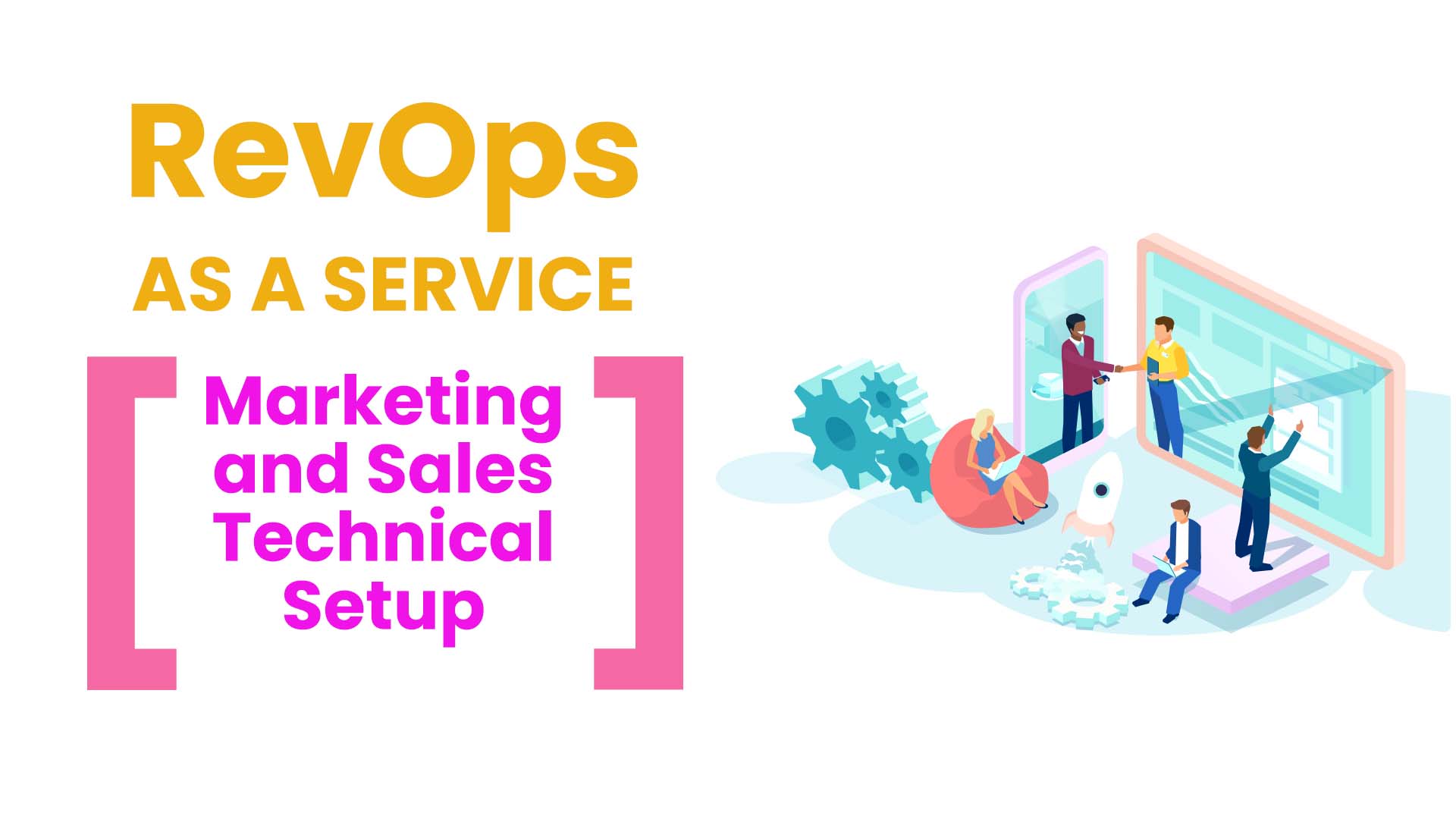Take action now or risk being forgotten. These days, more sales are lost to an attachment to old bad habits rather than to competitors. Shifting in the direction of digital sales transformation is necessary if you want to stay ahead and fundamentally survive. It really is like driving onto a motorway in a horse and cart. Not only do you run the risk of being left behind, you take a chance on being run-over.
Whilst shoppers look around searching for answers to their problems, sellers have a distinct opportunity to employ the correct tools to open the door to them. Utilising sales enablement technology, sellers can steer shoppers towards their stores in simple but effective steps, moving in the direction of a more customer centric, quantifiable, scalable and data driven way of business.
So where are you on your sales transformation journey?
Irrespective of business size and sector, most organisations understand the necessity of empowering sellers with tools that increase prospects engagement.
It isn't going to happen overnight. Whilst you can swiftly change or modify your sales strategy, complete sales transformation is a process. And not surprisingly, it may well feel overwhelming. The great news is, it doesn't have to be. Even though most businesses today are at the very start of the sales transformation journey, progressive steps can lead to significant results.
The primary step is determining where you stand today and where you wish to be in the short and long term. Take this very first step now, because companies that are not digitally empowered will get left behind. Your data and content will become obsolete and consequently, sales presentations and marketing resources will be of no use.
At Real Inbound, we refer to contemporary selling as Dynamic Sales. Equipped by the best tools, these consultative sellers are engaging, effective, interactive and informative. Shifting from historic selling behaviour towards digital transformation, magnifies the performance of your sales team and enables them to connect with prospects where they are, for more powerful sales dialogue.
Investing in this change not only swaps out the current tools in your tool kit; such as, product demos, printed content and generic decks, it permits you to switch the conversation to concentrate on the value of your service from the buyers viewpoint and focussed on their needs.
3 Steps of Digital Sales Transformation
1 Legacy Sales
This is the place where the majority businesses are today
- Sales presentations comprised of standardised PowerPoint decks and un-personalised printed resources void of engagement
- Suppliers spend time that's better invested in selling while they have to search for content
- Marketers battle to circulate, monitor and update content and lack understanding of how it performs for sales
- Sales depend upon complex and daunting spreadsheets to demonstrate data to potential clients
- Sales training is conventional, class based and quickly forgotten
2 Empowered Sales
This step provides significant enhancements to the sales process
- Content management technologies provide a centralised resource and improves sales capacity to locate sales collateral and enables marketers to better manage and disseminate it
- Technology and content consumption is tracked and application by sales increases
- Content updates are made effortlessly, managed and dispersed to ensure uniformity
- Sales preparedness is enhanced with digital online training
- Progression from a tactic based product/service presentation to a problem solving approach customised to the individual
- Sales performance improves with a focus on understanding how to communicate the overall value of the solution to potential buyers
3 Dynamic Sales
During this step, sales are most successful and wholly supported with an innovative sales enablement system.
- Tailored mobile sales apps produce a superior presentation experience that is extremely personalised, interactive and appealing for buyers
- Interactive sales tools such as ROI calculators demonstrate the merchant's business value to each individual buyer
- Marketing is aware of when, what and the amount of content being used by sales & prospects and employs this knowledge to evolve the content roadmap
- Advanced digital learning ensures sales have the correct skills to improve communications with potential clients
- Machine learning CRM eliminates data entry time for sales and advocates the next best action
Buying experiences that communicates absolute value and subsequently, increases it







